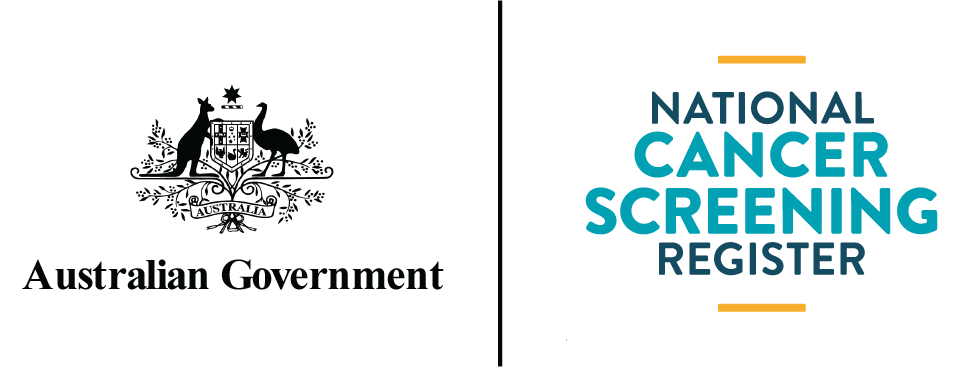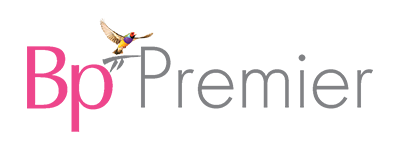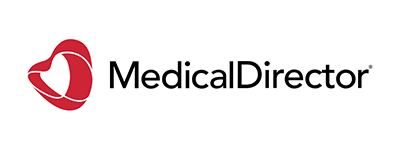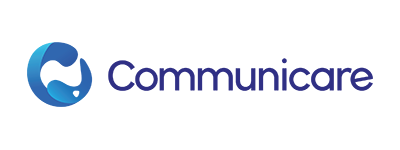Enhancing Preventative Care: Insights from practice managers on integrating with the National Cancer Screening Register

Bowel and cervical cancer are highly preventable and treatable when detected early.
Australia’s National Bowel Cancer Screening Program and National Cervical Screening Program are world-class public health initiatives that are pivotal in facilitating early detection and treatment of cancer.
General practitioners and other health professionals play a vital role in these programs. As a trusted source of health advice, their engagement with patients is instrumental in encouraging participation in these life-saving programs.
One of the most effective ways to start proactive conversations about cancer screening with eligible patients is through better access to patient screening information, which MedicalDirector Clinical, Best Practice Premier and Communicare users can do by integrating with the NCSR.
Practice managers Olivia Gomes, Lachlan Stockbridge and Libby Nugent share their experiences on how this integration is empowering their practitioners to have timely and informed conversations with patients about screening.
Streamlining access to patient screening information
Integrating clinical software with the NCSR helps to streamline the process of accessing patient screening information. This is particularly beneficial in managing patient records and providing timely preventive care.
“Our practice integrated MedicalDirector Clinical with the NCSR in July 2022, and it has been a valuable addition that has really streamlined how we support our eligible patient base and made that area of preventative care a lot easier,” said Olivia Gomes, Practice Manager at Bondi Doctors in Sydney.
“The process of finding out when they had their last cervical screening test could be very difficult and time-consuming. The integration has given our clinicians a real-time view of our patient’s screening information, without needing to access a separate system.”
Lachlan Stockbridge, Practice Manager at Church Street Medical Practice in Sydney, shared similar sentiments. “Integrating Best Practice with the NCSR has been great for us. It’s meant we have another data point to ensure we are following up with our patients for things they are eligible for in a timely fashion.”
“Having real-time access to patient bowel and cervical screening information means we don’t have to search through hospital records or contact previous GPs and pathology labs – a process that used to be very time-consuming.”
Libby Nugent, Practice Manager at Tamworth Aboriginal Medical Service in NSW, highlighted the seamless access to information provided by the integration. “The integration gives our clinicians an overview of their patients’ screening information, without needing to access a separate system.”
“Seamless access to screening information empowers our clinicians to have proactive discussions with patients, while they’re in the same room, about the importance of screening, address any concerns, hand over a kit and demonstrate how to use it.”
Improving efficiency in preventative care
The integration also enhances the efficiency of preventive care, allowing clinicians to manage their time better and provide more focused care.
“It would be great to have an hour with every new patient, but the reality is, it’s just not practical. For many doctors, if they need to stop to do something outside of their normal workflow, they may be unlikely to do it because of time constraints,” explained Olivia.
“Within the NCSR widget in the sidebar, we can view our patient’s screening status, history, alerts and next eligible screening date, which is so beneficial – particularly for new patients, where we didn’t have this information readily available before. This has certainly improved opportunistic interactions with patients about cancer screening.”
Lachlan emphasised the efficiencies gained during consultations. “The unified workflow that exists within the patient file, with notifications for when they are due or overdue for bowel or cervical screening, makes it much easier to navigate in a short time-frame.”
“This is particularly crucial during short consultations – having the right information within a couple of keystrokes and mouse clicks makes patient care and continuity of care significantly better.”
"The Best Practice patient window has a range of reminders that appear along the top that now include bowel and cervical screening, which is particularly useful for patients you’ve never met before.”
Libby added, “We can also bulk order bowel screening test kits direct to our clinic through the Alternative Access to Kits model, which our clinicians can then hand to patients who are overdue for screening. We then follow up with the patient to encourage them to complete the kit, help them to complete the participant details form, and ensure they post the samples so they can be sent off for analysis.”
Enhancing patient engagement and participation
The NCSR integration with clinical software significantly enhances engagement and participation in the cancer screening programs by facilitating proactive conversations and follow-up with patients.
“We were very excited when the NCSR functionality became available. It’s an efficiency that has allowed our GPs to really make the best use of the screening programs to support our patients,” mentioned Olivia.
For Lachlan, proactive engagement with patients is a real plus. “It’s another valuable tool that supports our GPs in engaging in proactive conversations about preventative health and cancer screening. Easy access to patient cancer screening information helps us promote participation in screening, while also identifying and providing support for those in high-risk categories.”
The NCSR also helps ensure cultural appropriateness with different patient cohorts. “It’s crucial that we’re able to support the healthcare needs of our Aboriginal and Torres Strait Islander patients,” said Libby.
“We see a level of stigma around bowel cancer screening, and we work to support patients by providing a lot of information about the screening tests while ensuring our messaging and promotion is culturally appropriate.
“The ability to issue bowel screening test kits to under-screened patients during consults provides crucial opportunities to explain the benefits and demystify the screening process.
“It really helps our clinicians to be more efficient and make the best use of the screening programs to support our patients.”
How the integration helps healthcare providers maximise patient participation in these life-saving programs
By integrating your clinical software with the NCSR, you’ll have seamless access to patient bowel and cervical screening information through the NCSR Hub within a patient record.
The integration enables users to:
- Manage patient participation in the bowel and cervical screening programs
- View screening histories to inform clinical recommendations
- Identify under- and never- screened patients and encourage them to participate
- Have a screening kit mailed to their patient or issue them a kit directly.
- See when eligible patients are overdue for screening or have screen-detected abnormalities to follow-up
Electronically submit pre-populated screening program forms, alleviating the administrative burden of manual handling from paper forms, fax and phone calls.




